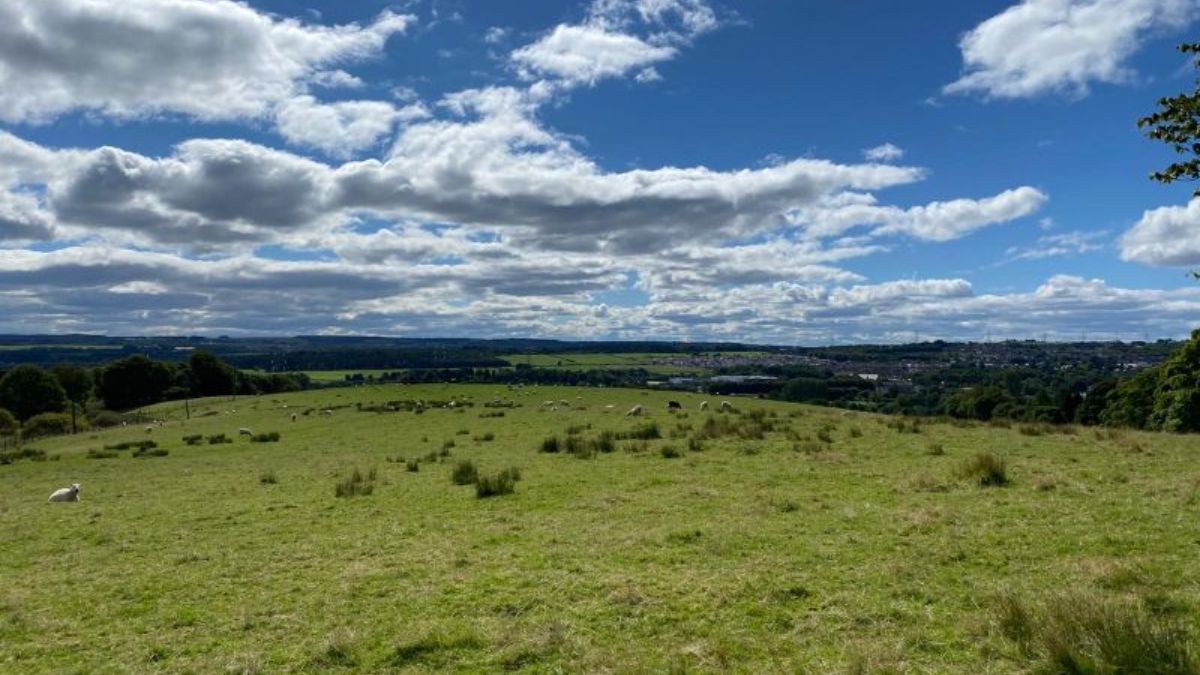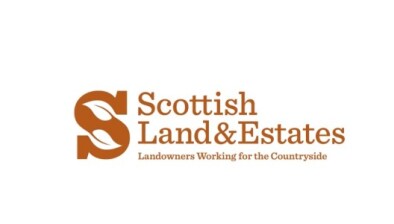‘Meaningful’ Land Reform Bill introduced

A bill which sets out a commitment to addressing the challenges of concentrated land ownership has been introduced by the Scottish Government today.
The Land Reform (Scotland) Bill includes measures that will apply to large landholdings of over 1,000 hectares, prohibiting sales in certain cases until ministers can consider the impact on the local community. This could lead to some landholdings being lotted into smaller parts if that may help local communities.
It will also help to empower communities with more opportunities to own land through introducing advance notice of certain sales from large landholdings. Large landholdings of over 1,000 hectares represent more than 50% of Scotland’s land.
The bill will also place legal responsibilities on the owners of the very largest landholdings to show how they use their land and how that use contributes to key public policy priorities, such as addressing climate change and protecting and restoring nature. These owners will also have to engage with local communities about how they use the land.
It includes a duty on Scottish ministers to publish a model Land Management Tenancy which will support people to use and manage land in a way that meets their, and the nation’s, needs. It also includes a number of measures to reform tenant farming and small landholding legislation, providing more opportunities to improve land, to become more sustainable and productive and to ensure that tenants are fairly rewarded for their investment of time and resources in compensation at end of tenancy.
Rural affairs secretary Mairi Gougeon said: “We do not think it is right that ownership and control of much of Scotland’s land is still in the hands of relatively few people. We want Scotland to have a strong and dynamic relationship between its land and people.
“We want to be a nation where rights and responsibilities in relation to land and its natural capital are fully recognised and fulfilled. That was our aim in 2016, and it remains our aim today.
“So, this bill sets out ambitious proposals to allow the benefits and opportunities of Scotland’s land to be more widely shared.
“Too often, people and communities feel powerless when the land they live on is sold with no prior warning – this bill will help to change that. We will introduce measures so that more communities are be given information and the opportunity to take on ownership before sales from landholdings over 1,000 hectares.
“Crucially, when one of these landholdings is being sold, we want government to have the power to step in and require that it be sold in smaller parcels to different people if that will help to make local populations and communities more sustainable.”
Welcoming the bill, Michael Russell, chair of the Scottish Land Commission, said: “We are pleased to welcome the publication of the Scottish Government’s new Land Reform Bill, which draws on our research and analysis. This landmark legislation is a meaningful and important step forward in addressing the over-concentration of land ownership, which continues to be a central issue in Scotland’s ongoing journey of land reform.
“Our research has consistently shown the pitfalls associated with such a concentration of land ownership, including the impacts that localised monopolies can have on local economic opportunities and communities.”
Hamish Trench, chief executive of the Scottish Land Commission, added: “Scotland’s land is a resource that people need to be able to use to support jobs, housing, climate action and economic opportunities across the country. The proposed measures in the bill, including a new power for Ministers to require the lotting of large land holdings prior to sale, are significant steps towards a fairer and more dynamic approach to land ownership in Scotland.
“Our research shows that governments worldwide often regulate land markets to safeguard the public interest and support sustainable development. In so doing Scotland would be operating within a widely recognised and accepted approach to land rights and regulation.
“We look forward to providing further evidence and advice to support the bill’s consideration in parliament.”
Scottish Land & Estates has said the legislation as a “destructive and disproportionate” attack on land-based businesses that risks derailing the pursuit of net zero.
The rural business organisation described the Bill as a cocktail of bureaucratic and interventionist measures that will once again land the Scottish taxpayers with a multi-million-pound bill.
Sarah-Jane Laing, chief executive of Scottish Land & Estates, said: “The Scottish Government is using outdated ideology to punish those rural businesses making a huge contribution to Scotland.
“Rather than taking a common-sense approach to reflect the challenges that people living and working in rural Scotland face, Scottish Ministers are pursuing a destructive and disproportionate agenda against land-based businesses. Some of the measures signal a huge U-turn by Ministers from utilising land to pursue net zero towards a full-on attack on the property rights of large farms and estates.
“Ministers would not countenance taking the same approach to any other business sector. They claim it is about addressing large-scale landownership, but the Scottish Government is the biggest landowner in Scotland and Ministers know full well that scale is needed to deliver many of the government’s own aspirations on forestry, peatland restoration and food production. The impact on people, jobs and nature will be significant.
“SLE supports increased transparency as well as continuing to ensure that land delivers benefits for us all. We see merit in land management plans but some of the other measures contained within the Bill are not required and are frankly unworkable.
“The government is taking an irrational approach to farms and estates over 1000 hectares, which seems to be driven purely by a desire to break these up regardless of the outcome. The suggestion that a property going on the market should be lotted by government before being listed is absurd. The blizzard of regulations they are proposing around the transfer of landholdings will create conflict, cause market uncertainty and deter much needed investment.
“The notion that a landowner or farmer with more than 1000 hectares must consider a request from a community to lease the land is a recipe for disaster and disappointment that will likely end up in legal challenges, costly delays, and a mountain of red tape.
“Well-established mechanisms already exist for communities to influence how land is used, such as local place plans, and sales of land to communities are already taking place on a willing seller basis each and every year, with myriad statutory routes to ownership for communities where negotiated sales don’t take place.
“The Bill also includes new measures that affect agricultural landlords, who will face further hurdles on resuming land, and we are disappointed that retrospective changes are being introduced to previous legislation on tenancies.
“The proposals in the Bill to hand new powers to a Land and Communities Commissioner, which include fining landowners, goes way beyond the power of other commissioners of this kind.
“The reality is that large-scale farms and estates deliver day in, day out, for the Scottish economy and local communities, and this has been shown in the Scottish Government’s own research as well as our research on the contribution of estates to Scotland’s Wellbeing Economy – research that was accepted and embraced by government at the time of publication.”







